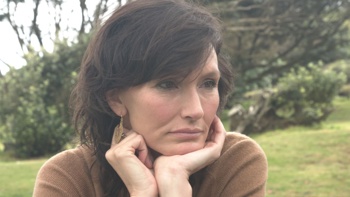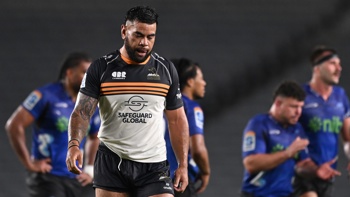
The number of people studying nursing hit a near-decade low last year, prompting calls for the Government to get serious about health.
It comes at a time when the industry says having locally-trained nurses is more important than ever, as Covid-19 prevents overseas workers from entering the country.
Newstalk ZB has revealed exclusive Infometrics analysis which shows the intake of those predominately studying nursing has stagnated, with the New Zealand Nurses Organisation (NZNO) saying it's time for action from the top.
Health Minister Andrew Little admitted it had been difficult to put a proper plan in place but said the new health agency Health NZ would help address the issue.
Student nurses have told NZME they believe the low rates of people studying is partly due to understaffing and poor pay that leads to burnout.

One student, who wanted to remain anonymous, said she had seen many of her classmates drop out of the course, because they felt they will "never be able to buy a house or live a comfortable lifestyle".
Often nurses would strive to work in "harder" or "more risky" sectors, as that was the only way they could ensure they will earn enough later on, the student said.
NZNO acting professional services manager Kate Weston said she was concerned that mounting pressure on the sector could be keeping people away from entering the profession.
"We're in a crisis situation. We have a real problem, we have high vacancies, and aren't able to backfill those," she said.
- AU nursing school hopes tide is turning on enrolment numbers
- College of Nurses: Finding jobs and placements the real challenge
"Our borders are not as open, there's a huge reliance on internationally qualified staff in Aotearoa, and to grow our own [workforce] should absolutely be a priority."
Ministry of Education data shows in 2011, some 14,600 people were studying nursing at a New Zealand tertiary institution.
That figure grew over the first half of the decade – reaching 15,700 in 2015.
But since then, the numbers have dipped to just over 15,000 nursing students last year.
Greens health spokesperson Elizabeth Kerekere said this was not good enough and backed the nurses' union.
"It feels like complacency and if we don't get the students, it's fine because we're going to bring them from overseas," she said.
"I don't think that's a reality anymore. We have to face the world we're actually in."
But Little said the Government was not complacent, and maintained Health NZ will bring some more pressure to bear.
"The difficulty has been, we've got 20 DHBs, we've got 20 different employers... none have really taken the lead on the future pipeline of nursing talent," he said.
"We've seen a steady-as-she-goes response to nursing intake.
"I think we've struggled to get a comprehensive plan together."
Infometrics Senior Economist Brad Olsen said the stagnating numbers may lead to problems down the track.
"The level of people going into nursing is concerning and disappointing at the moment, and it's a trend... we're going to need to reverse."
National said the nursing sector can increase intake, but New Zealand is going backwards if people head offshore faster than we train them.
Associate health spokesperson Simon Watts said the health workforce is "leaking like a sieve."
"We don't have enough nurses in this country – our most vulnerable are paying the price."
Take your Radio, Podcasts and Music with you









